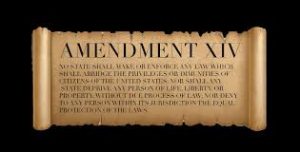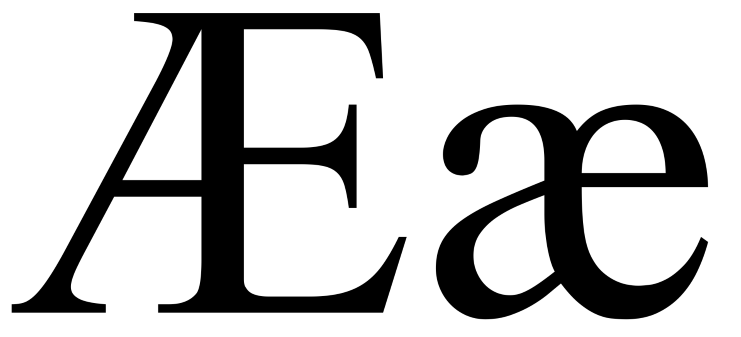

Don’t Be an Æhole – Bring Back the Ash!!!
About a hundred years ago,
BACKGROUND – In the English language, there are two completely different sounds for the short “a”. The traditional short “a” sound is evidenced by the vowel sound in the word “bag”, which is grammatically diagrammed as an “a” and is pronounced “aih”.
There is also a second short “a” sound in English that is evidenced by the vowel sound in the word “cat”. Here, the short “a” takes on a “aah” sound. The “aah” sound, although different from the “aih” sound, is also grammatically diagrammed as “a”. How confusing!
Language (especially English) is a precise tool that is used to convey precise meaning and inflection. As such, each linguistic sound should be represented by its own letter.
THE SOLUTION – Bring back the Ash. For many years, the English language did have a separate letter to designate the “aah” sound in “cat” from the “aih” sound in “bag”. That letter was the Ash, which originated in Latin and was written as Æ (Capital) or æ (small). The Ash became part of Old English and was used for thousands of years – until the 19th Century. Its use is once again sorely needed.
Therefore, to increase the precision of the English language and to help illegal aliens properly pronounce English words when they sneak into our country, it is time to bring back the Ash. King Æthelred the Unrædy (966-1016) would be proud!!
Don’t Be an Æ hole. Æ forever!
This commentary was written by Ælan Bianco and edited by Ælan Bianco. Words and lyrics also by Ælan Bianco. (The fact that the author’s first name begins with the “aah” sound had no bearing on the opinion expressed in this commentary. Well, maybe it does a little.)
Like a Bostonian pronouncing “air”.
Got it? “Cat” vs. “bag”; “aih” vs. “aah”.
The Ash is still an extant letter in the Danish, Norwegian, Icelandic, and Faroese languages.
masteradmin
LOOKING FOR SOMETHING?
MAKE A DONATION TO KEEP POLITICAL SATIRE ALIVE
No Donation Too Small . . .
No Donation Too Big.



